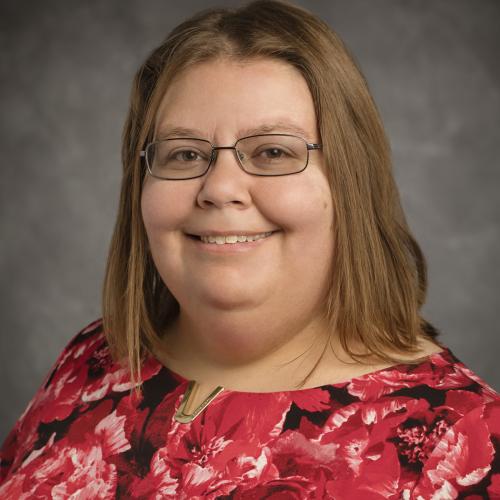PhD student Linh Hoang presented her research with Assistant Professor Jodi Schneider at the AAAI 2019 Spring Symposium on Combining Machine Learning with Knowledge Engineering, which was held March 25-27 at Stanford University.
Hoang presented her poster, "A Proposal for Determining the Evidence Types of Biomedical Documents Using a Drug-Drug Interaction Ontology and Machine Learning," which was coauthored by Mathias Brochhausen and Joseph Utecht of the University of Arkansas for Medical Sciences and Richard D. Boyce of the University of Pittsburgh. In the poster, the researchers address the challenges clinicians face in order to keep abreast of new knowledge about drug-drug interactions (DDI), given the different formats in which the research is published.
We propose to combine machine learning with a formal representation of the DDI domain of discourse to assist humans in both authoring and assessing evidence of DDIs. To date, there has been little focus on using automatic extraction to lessen the cognitive burden, and the current practice for determining evidence type in a DDI study is for experts to read the study manually. We are inspired by prior work on computer-supported prospective knowledge capture by a community of scientists (Clark, Ciccarese, and Goble 2014). More specifically, we use an ontology as the backbone underlying a machine learning system that helps users identify the evidence type of a DDI study based on its characteristics.
Hoang's research interests include information management, knowledge discovery, and data analytics. She is currently working with Schneider on information extraction for biomedical data, in particular to support the medical systematic review process. She holds a master's in information systems from the University of Surrey in England and a bachelor's in information technology from the Hanoi University of Science and Technology in Vietnam.
Schneider studies the science of science through the lens of arguments, evidence, and persuasion. She is working on systematic review automation and developing linked data (ontologies, metadata, Semantic Web) approaches to manage scientific evidence. She holds a PhD in informatics from the National University of Ireland, Galway. Prior to joining the iSchool in 2016, Schneider served as a postdoctoral scholar at the National Library of Medicine, University of Pittsburgh, and INRIA, the national French Computer Science Research Institute.
